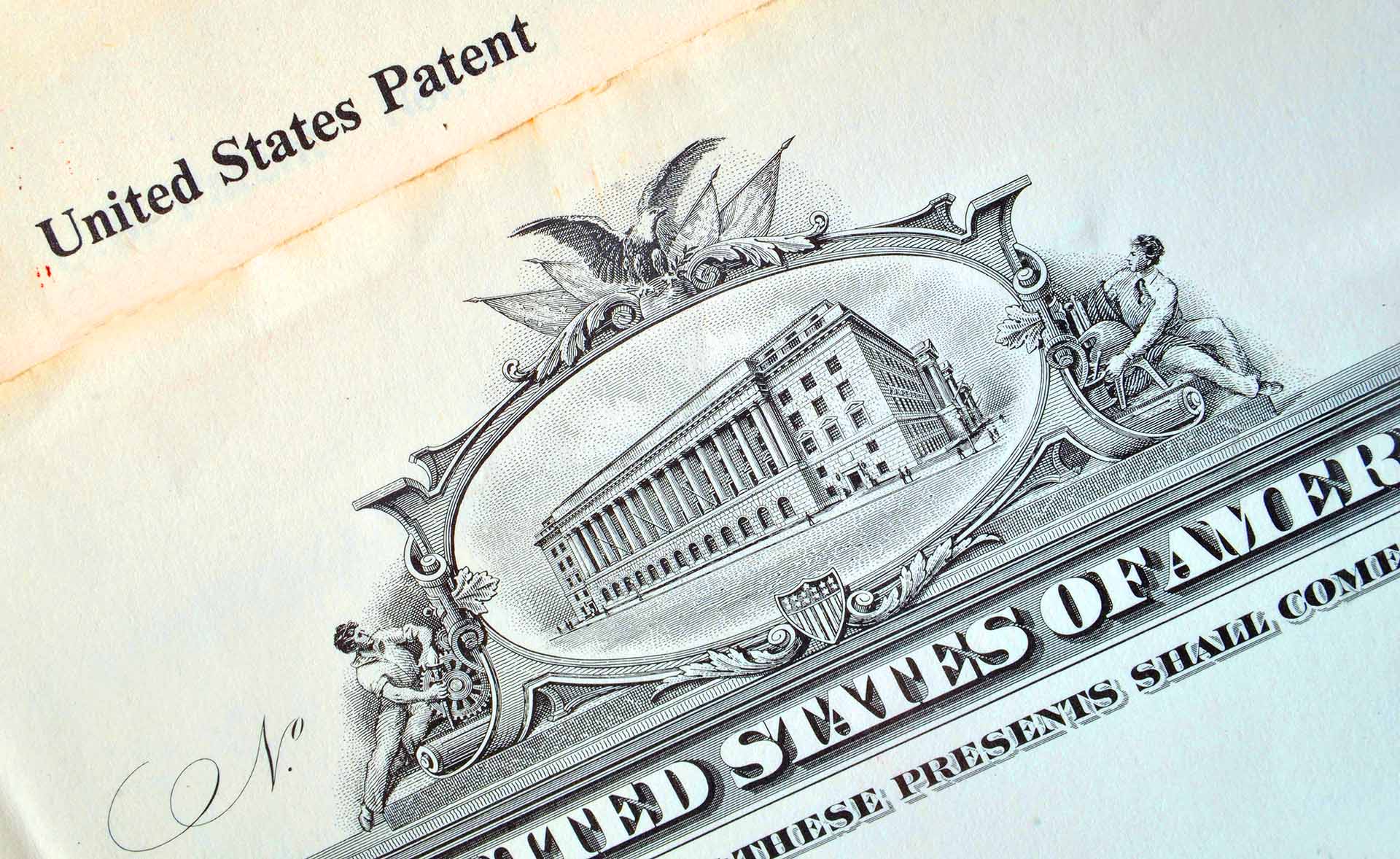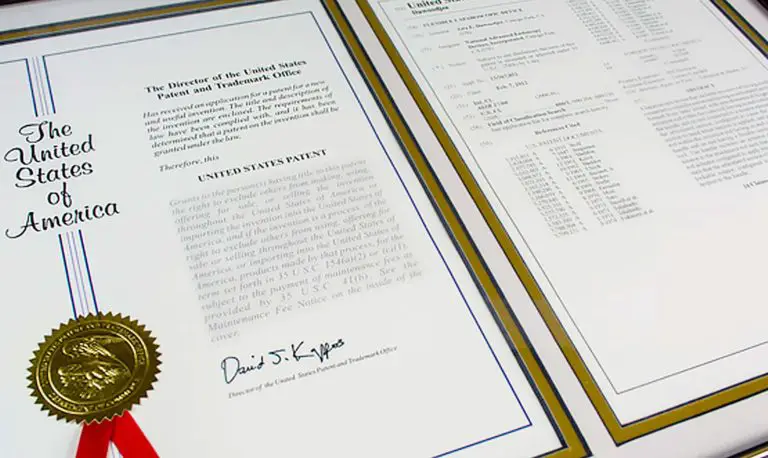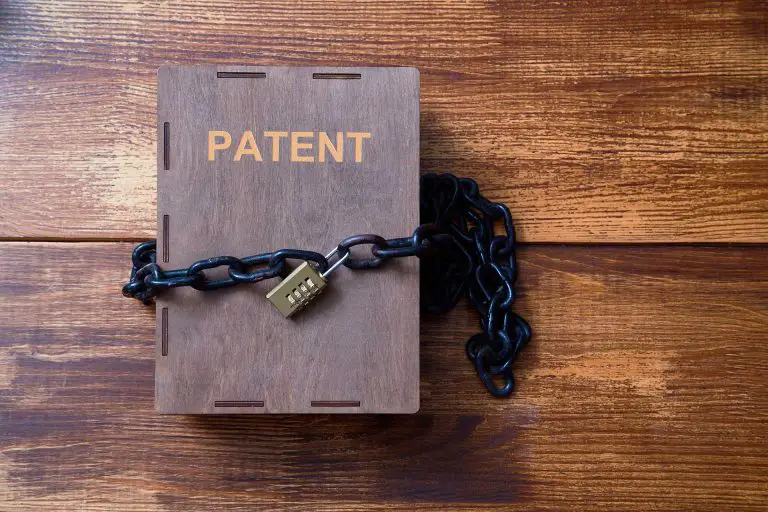Are Utility Patents Worth It?
Utility patents allow inventors of new inventions, machines, processes, articles of manufacture, and compositions of matter to protect them by giving inventors a monopoly over their invention. A utility patent allows the inventor to stop others from using, making, selling, and importing the patented invention to the United States without the patent holder’s express permission. This limited period of time lasts for 20 years from the date an inventor files his utility patent application with the USPTO. So, is it worth it to invest your time and money to obtain a utility patent over your invention?
Are Utility Patents Worth It?
Utility patents are worth it if you have an invention or product that you know you can either sell successfully or profit from by licensing the invention to third parties who will pay you an agreed-upon fee in exchange for being able to use your patented invention.
Being able to profit from an invention is very important to most inventors who often spend a ton of their own money and time patenting their invention. If you’ve every patented an invention, you know that obtaining a utility patent is not cheap and can easily cost $8500+ to patent a simple and straightforward invention.
To obtain a utility patent for an invention, an inventor would have to prepare and file a utility patent application with the USPTO. Preparing a utility patent application is a complex process that should only be done by an experienced patent attorney.
This is so because patent law is quite complex, and complying with the requirements of the patent office requires a trained individual who is familiar with all the rules of the patent office to prepare and file a patent application correctly. Making minor mistakes on a utility patent application could get your application rejected, costing you more time and money to remedy any errors.
Why Are Utility Patents Worth It?
There are many reasons that utility patents are worth it and we will discuss a few of the top reasons why you should obtain a utility patent to protect your invention.
1) Ability to Stop Others From Using and Selling Your Invention
The main reason a utility patent is worth it to inventors is that it allows them restricts who uses, makes, sells, and imports the patented invention to the United States without first obtaining the patent holder’s express permission.
By being able to control who uses, makes, and sells his invention, a patent holder is, assuming no barrier exists, able to sells his invention without having to worry about his competitors selling the same invention or patented product without his permission.
In the event that one of the patent holder’s competitors does use, make, or sell the patented invention without the patent holder’s permission, the patent holder will be able to bring a lawsuit against that competitor for patent infringement.
If the patent holder is successful in his suit, he may be able to obtain an injunction, asking the infringer to stop his infringing activities. In some circumstances, the patent holder may also be able to recover monetary damages that he sustained as a result of the infringing activities.
2) Ability to Sell or Licensee Your Invention
The second reason a utility patent is worth is that it enables the patent holder to sell his invention for a profit. Now, not all inventors patent their inventions to sell them, many inventors choose to license their inventions to others to use and product in exchange for an agreed-upon fee or royalty.
Having a utility patent makes it easier for the patent holder to sell or license his invention because a patent makes clear the scope of the invention and rights that a purchaser or licensee is receiving.
3) Prevention of Theft of Invention
The third reason why a utility patent is worth it is that it allows the inventor to profit from his invention by selling it without having to worry about others stealing and copying his product or invention. Well, this is somewhat true.
An inventor cannot just patent his invention and leave it up to the patent office to protect it. The patent office is not responsible for protecting an invention.
The patent office grants the patent rights to an inventor, it is then the inventor’s responsibility to protect his invention by looking for bad actors who are using it without his permission.
If the patent holder finds bad actors, he is responsible for asking them to stop using, making, or selling his invention without his permission. If they do not comply with the patent holder’s request, the patent holder can then bring a lawsuit against the infringer in Federal District Court.
If the patent holder is successful in his lawsuit, he may be able to obtain an injunction, ordering the infringing party to stop making or selling the inventor’s invention without his permission.
Why Are Utility Patents Not Worth It?
Just as we covered many reasons why obtaining a utility patent is worth it, we will now cover some reasons why a utility patent is not worth it. Read below to find out our reasoning.
1) Amount of Time it Takes to Patent Your Invention
For some inventors, it might not be worth patenting your invention simply because of the amount of time and effort it takes to patent an invention. It currently takes the patent office 24+ months to grant a patent application.
Some utility patent application will take more time and others will take less, it really depends on the complexity of your invention and how efficient you are in replying to any patent office communications.
Here is a quick Patent Rebel Tip: If you have an invention that you want to patent quickly, you can expedite your utility patent application by applying for Track One. Track One is a USPTO service that allows an inventor to expedite his utility patent application.
Track one promises to grant a utility patent application within 12 months of an applicant filing his patent application. To be able to use Track One, an applicant must first apply for and get approved to use this service. This service is not free and you will have to pay an additional fee to expedite your utility patent application.
That said, even if you’re not accepted to use the Track One service, you should patent your invention if it is valuable and you know you can profit from it. There are many benefits to patenting your invention that we have covered in this article.
2) Cost of a Utility Patent
A utility patent may no be worth it if you can’t profit from your invention by selling it or licensing it. Obtaining a utility patent is very costly, with simple inventions costing $8,500+ to patent when you take into consideration the fees you have to pay to the patent office, as well as attorney fees to prepare and file your patent application.
The patent office routinely asks for changes to be made to a patent application, so if you have to make changes or amendments to your patent application, you may have to pay your attorney more money to make changes and/or amendments to your utility patent application.
Having said that, utility patents also require maintenances fees to keep your patent in its grant state. Maintenance fees must be made at 3.5 years, 7.5 years, and 11.5 years.
Maintenance fees can exceed thousands of dollars. So, you should really think about whether a utility patent is worth it because there is a lot of money that needs to be paid to obtain a utility patent, as well as to keep your utility patent granted.
3) Defending Your Invention
As we mentioned earlier, your work does not stop after you patent your invention. The USPTO will not police your patent for you nor will it go after those who copy, use, or make your invention without your permission.
It is the patent holder’s job to seek bad actors who are making unauthorized use of his invention and to stop them from doing so, either by sending them a cease and desist letter or by bringing a lawsuit against them in Federal Court.
If you’ve ever dealt with a patent attorney, then you know that their services are not cheap. So, unless you have the money to not only patent your invention but also to police it, you should consider whether it’s worth it to patent your invention.
If your invention makes you money, then, by all means, patent it, but if you’re unsure of whether you can sell it or profit from it, you should consider whether it’s worth it to patent it.
At the end of the day, each case is different and you should consult with your attorney to determine whether it’s worth it, for your particular case, to patent your invention or product.
How Long Do Utility Patents Last?
Utility patents last for 20 years from the date an applicant files a (regular) nonprovisional patent application with the patent office. During the 20-year patent term, an inventor will be able to stop others from using, making, selling, and importing his patented invention to the United States.
That said, to keep a utility patent as granted, a utility patent holder must pay periodic maintenance fees to the patent office. Such fees are due at 3.5 years, 7.5 years, and 11.5 years. If a utility patent holder fails to pay these required fees, the patent will expire and the patent holder will no longer be able to stop others from using, making, and selling his invention.
Can a Patent Holder Renew His Patent After it Expires?
If a patent expires due to nonpayment of maintenance fees, the patent holder will have an opportunity to renew his patent by paying the past due maintenance fees, in addition to a late fee to renew his patent. However, if a utility patent expires because the patent term has lapsed, it cannot be renewed under any circumstances.
That said, some inventors improve upon their old invention, adding new features and making tweaks and then patenting those new features by preparing and filing a new utility patent application. This is one way that you can still profit from an old invention even though the patent protecting it has expired.
Is it Worth it To Also Get a Design Patent?
If you have an invention and you want to protect how it looks, in addition to protecting how it works, you will need to file a separate design patent application. Utility patents protect how your invention works and design patents protect how your invention looks or its appearance.
Filing only a utility patent application will not protect the appearance of your invention. To protect its appearance, you’ll need to file a separate design patent application.
Design patent applications are significantly cheaper to prepare and file when compared to utility patent applications mainly because they only have one claim, meaning you can only protect one design per design patent application.
If your design is something that’s important to your customers, you should patent it to stop others from copying your design and selling a product of their own that bears your new and unique design.
Is It Worth it To Patent Your Invention on Your Own?
Although the USPTO does allow inventors to patent their own inventions, it expressly recommends that inventors hire an attorney to assist them with the preparation and filing of their patent application.
The patent office makes this recommendation because there are many requirements that must be met when preparing a patent application and it’s quite difficult for the average person who is not familiar with these requirements to follow them properly, as such hiring an experienced patent attorney is the best way to ensure that the job is done right.
That said, if you do not have the money to hire an attorney, you should consider hiring a patent agent. Patent agents have passed the patent bar exam and are able to assist inventors with preparing, filing, and prosecuting their patent application.
Patent agents, like patent lawyers, can communicate with the patent office on your behalf and they can also make the amendments or changes that the patent office may require you to make. The great thing about hiring a patent agent is that they often charge less than patent attorneys while performing many of the same jobs that patent attorneys perform.
Is It Worth It to Get a Utility Patent?
At this point, you should know that obtaining a utility patent over your invention can be a great way to protect your invention or product. That said, utility patents are expensive to obtain, so determining whether you can profit from your invention after patenting it will help you determine whether a utility patent is worth it. We are not your lawyer, so if you really want your specific case evaluated, you should contact your attorney to determine whether it’s worth it for you to obtain a utility invention to protect your specific invention or product.








